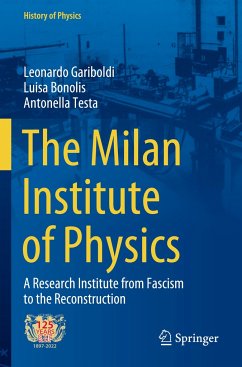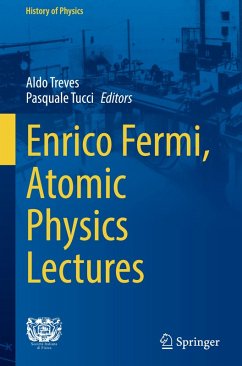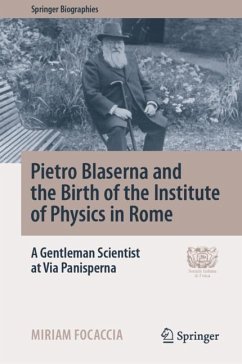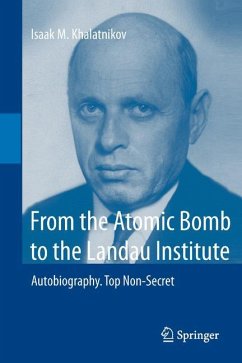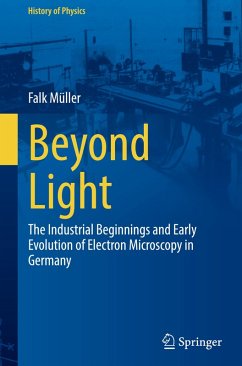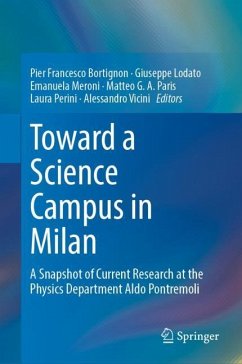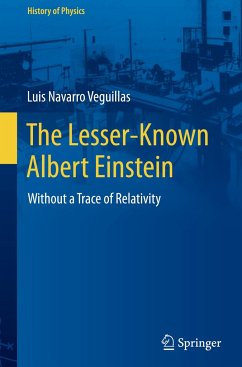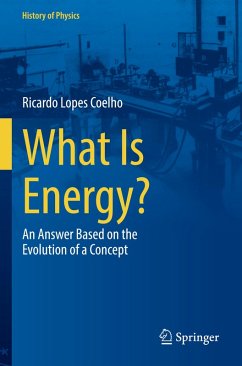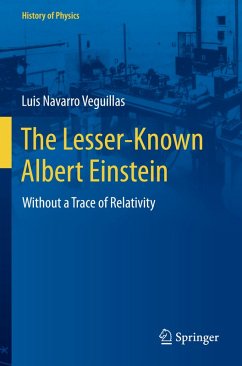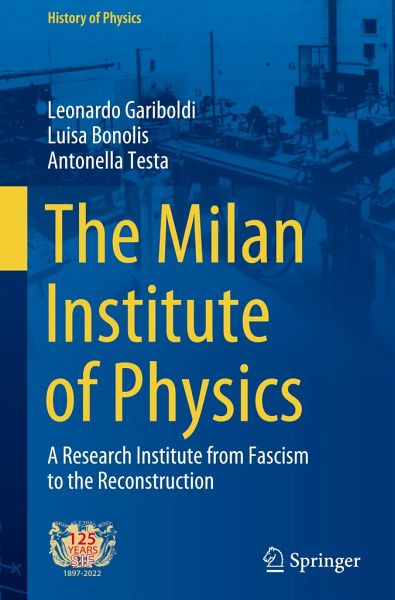
The Milan Institute of Physics
A Research Institute from Fascism to the Reconstruction
Versandkostenfrei!
Versandfertig in 6-10 Tagen
149,79 €
inkl. MwSt.
Weitere Ausgaben:

PAYBACK Punkte
0 °P sammeln!
This book offers the first comprehensive and authoritative text on the history of physics in Italy's industrial and financial capital, from the foundation of the University of Milan's Institute of Physics in 1924 up to the early 1960s, when it moved to its current location. It includes biographies and a historical-scientific analysis of the main research topics investigated by world-renowned physicists such as Aldo Pontremoli, Giovanni Polvani, Giovanni Gentile Jr., Beppo Occhialini, and Piero Caldirola, highlighting their contributions to the development of Italian physics in a national and i...
This book offers the first comprehensive and authoritative text on the history of physics in Italy's industrial and financial capital, from the foundation of the University of Milan's Institute of Physics in 1924 up to the early 1960s, when it moved to its current location. It includes biographies and a historical-scientific analysis of the main research topics investigated by world-renowned physicists such as Aldo Pontremoli, Giovanni Polvani, Giovanni Gentile Jr., Beppo Occhialini, and Piero Caldirola, highlighting their contributions to the development of Italian physics in a national and international context. Further, the book provides a historical perspective on the interplay of physics and politics in Italy during both the Fascist regime and the postwar reconstruction period, which led to the creation of the CISE (Centro Informazioni Studi Esperienze, a research center for applied nuclear physics, funded by private industries) in 1946, and of the Milan division of the National Institute of Nuclear Physics (INFN) in 1951.





